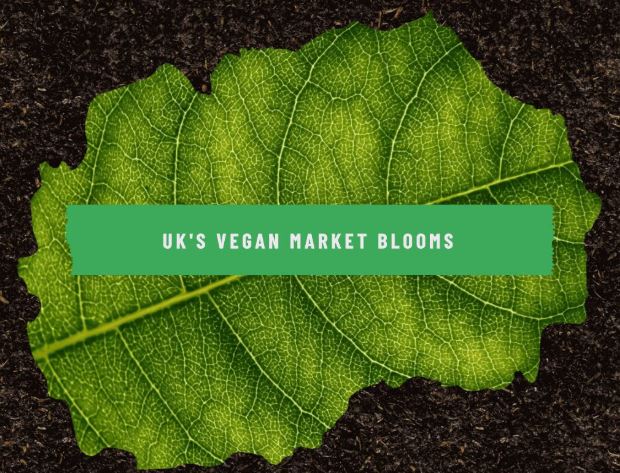Last updated on January 14th, 2025
What Is Veganism?
The term “vegan” was coined in 1944 by Donald Watson. Veganism is both a lifestyle and a dietary choice that seeks to exclude all forms of animal exploitation and cruelty. It involves avoiding animal products for ethical, environmental, and health reasons. Today, veganism is one of the fastest-growing lifestyle movements as more people become aware of its benefits. Veganism extends beyond diet to include choices in clothing, cosmetics, and personal care products, promoting sustainable and compassionate living.
The Rise of Veganism in the UK
Veganism is growing rapidly in the UK, with London now recognised as the country’s vegan capital. Several factors drive this trend, including growing awareness of the environmental impact of animal agriculture, ethical concerns about animal welfare, and the health benefits of plant-based diets.
For example, a University of Oxford study revealed that reducing meat consumption could potentially save around 8 million lives globally by 2050. The study also estimated that switching to a plant-based diet could reduce greenhouse gas emissions by two-thirds. Livestock farming contributes significantly to deforestation, water pollution, and climate change. In addition, adopting plant-based diets could save $1.5 trillion in healthcare costs and climate-related damages. By choosing veganism, individuals reduce their carbon footprint and help combat climate change.
Ethical concerns have also contributed to veganism’s rise. Documentaries and exposés have revealed the cruelty within animal agriculture, motivating many to choose a lifestyle free from animal products.
The Vegan Market Share in the UK
The demand for vegan products, including vegan superfoods, plant-based burgers, cheeses, and ice creams, is driving the UK’s vegan food market. Despite global economic challenges, the outlook remains optimistic. According to The Vegan Society, the UK’s market for meat alternatives was valued at $489.2 million and is expected to grow to $726.8 million by 2025. This represents a compound annual growth rate (CAGR) of 6.8% from 2020 to 2025.
Supermarket chains like Tesco and Sainsbury’s have responded by expanding their vegan product lines. They now offer dedicated vegan sections and ranges like ‘Plant Pioneers’ to cater to growing customer demand. Vegan businesses, such as Vegan Is Us, are thriving by offering innovative and sustainable plant-based superfood options.
What Are the Barriers to Plant-Based Products?
Despite growing interest, several barriers prevent the widespread adoption of plant-based diets. These include:
- Cultural Norms: Deep-rooted dietary traditions that prioritise animal-based foods.
- Taste Preferences: A preference for the flavours and textures of animal products.
- Nutritional Concerns: Misconceptions about getting enough protein, vitamins, and nutrients from plant-based diets.
- Accessibility: Limited availability of plant-based products in some regions.
- Cost: Perceived higher prices for vegan alternatives compared to traditional options.
- Social Pressures: Fear of isolation or judgment from peers.
- Culinary Skills: A lack of knowledge about preparing appealing plant-based meals.
Education, greater accessibility, and lower pricing are key to overcoming these challenges.
The Future of Veganism in the UK
The future of veganism in the UK looks promising. As more people become aware of its benefits, demand for vegan products is set to grow. This demand will fuel innovation in the vegan food industry, leading to more diverse and delicious plant-based options. Businesses like Vegan Is Us, which specialises in organic plant-based superfoods, are positioned to succeed in this expanding market.
Social media and celebrity endorsements have also played a major role in popularising veganism. Influential figures like Joaquin Phoenix, and Lewis Hamilton have used their platforms to inspire millions to embrace plant-based living.
With the increasing availability of vegan products and the rise of vegan-friendly establishments, adopting a vegan lifestyle is easier than ever. As education and awareness spread, the vegan food market in the UK is set to flourish, offering consumers tasty, ethical, and sustainable alternatives.







